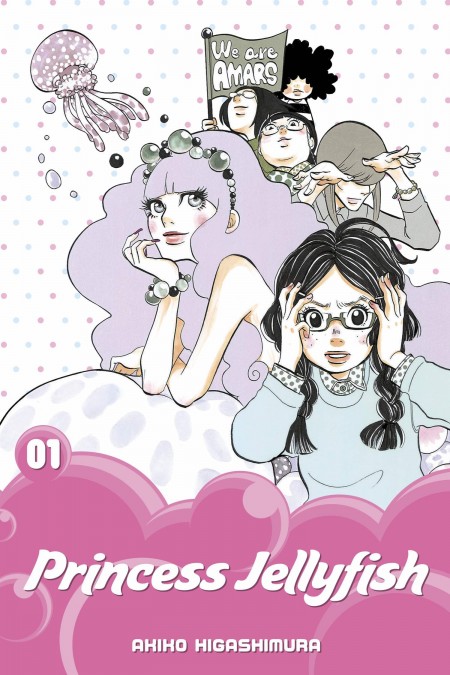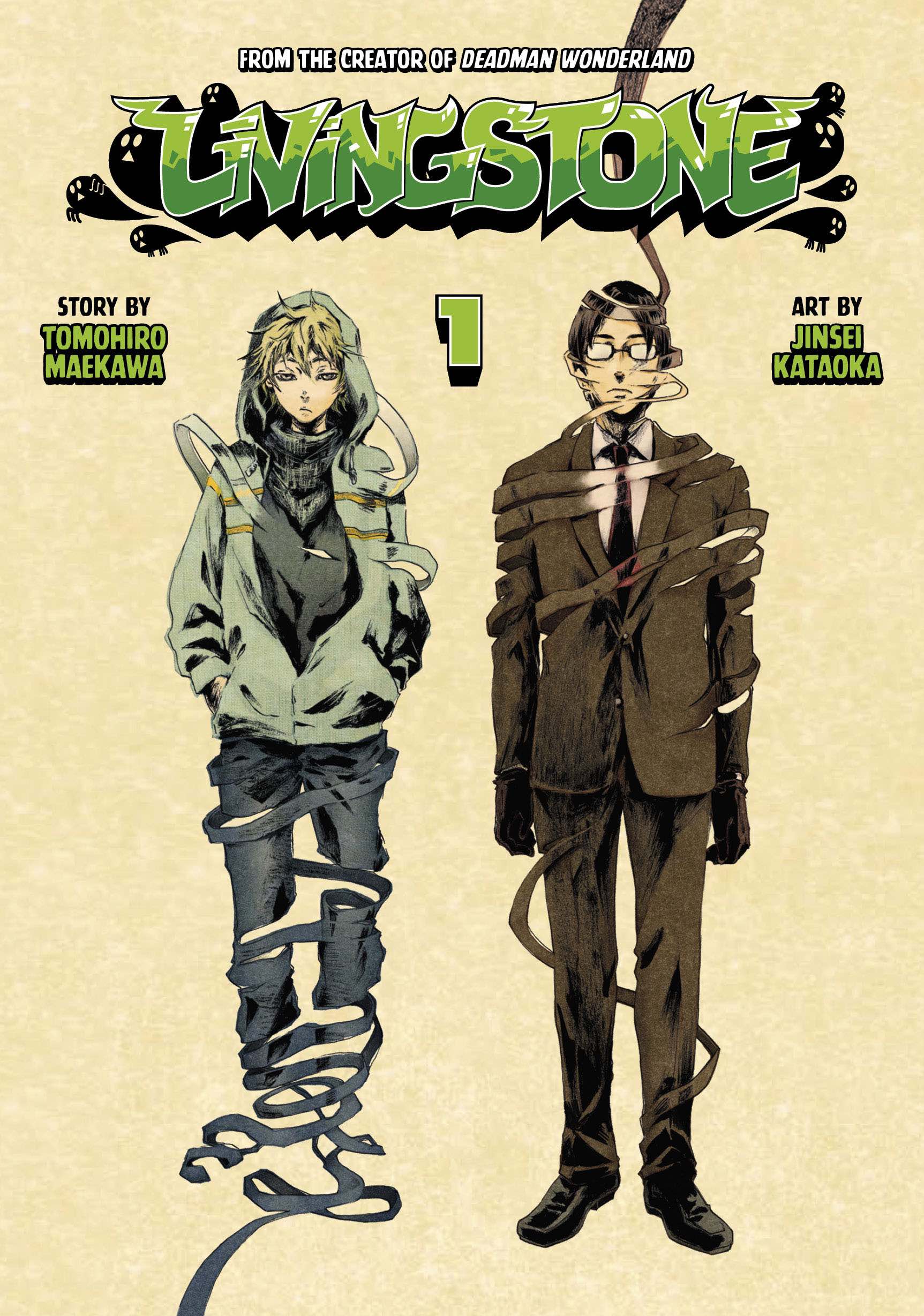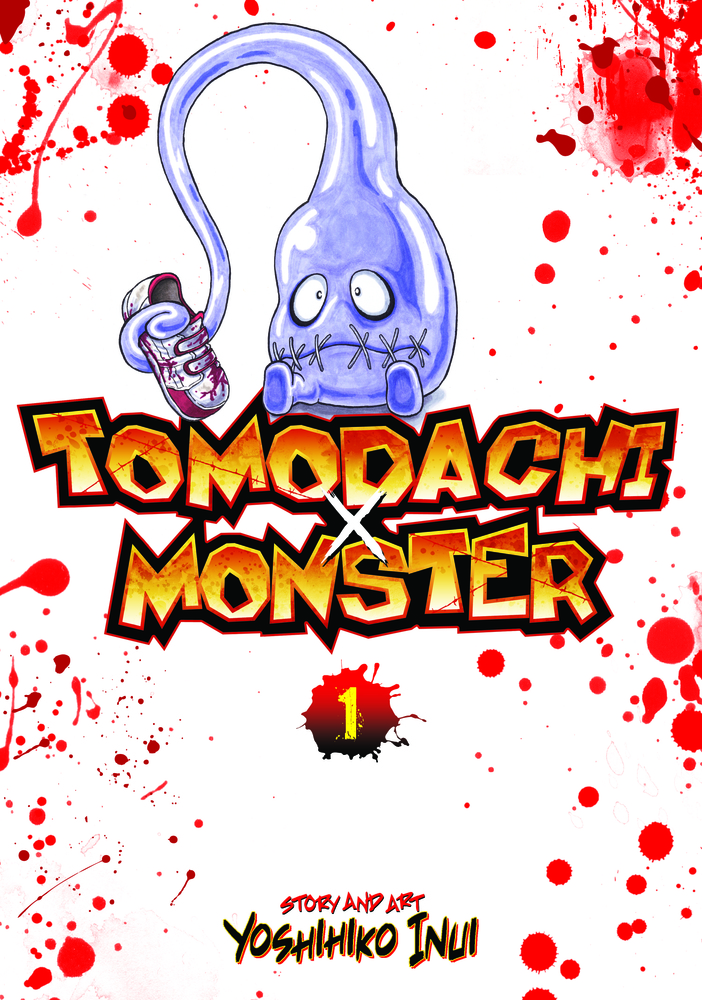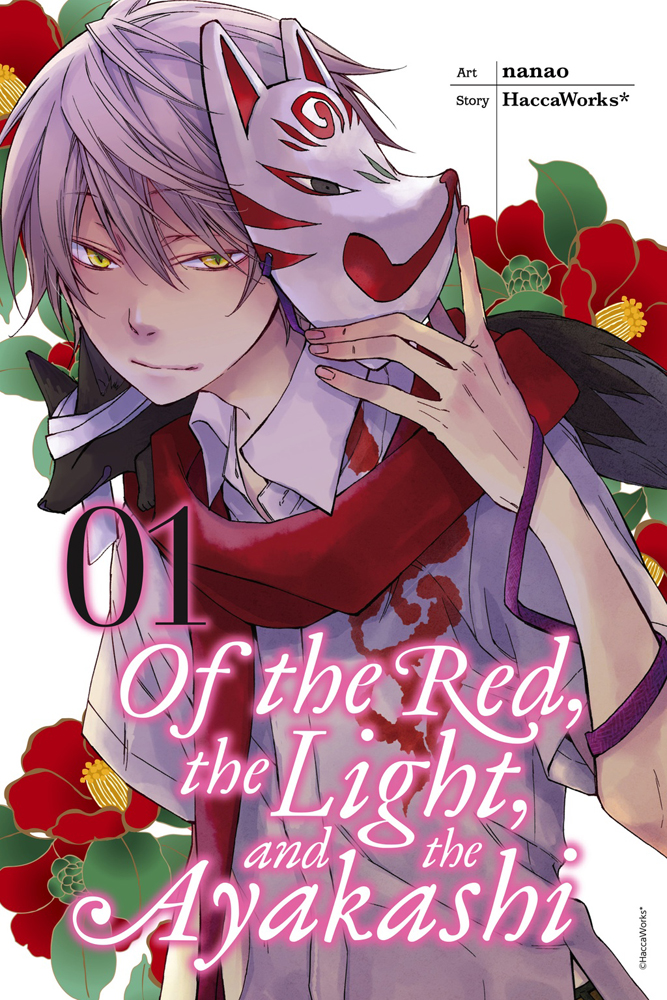And the winner of the Princess Jellyfish manga giveaway is... Laura! As the winner, Laura will be receiving a copy of the first omnibus in Kodansha Comic's English-language edition of Akiko …
Continue Reading about Manga Giveaway: Princess Jellyfish Giveaway Winner →




